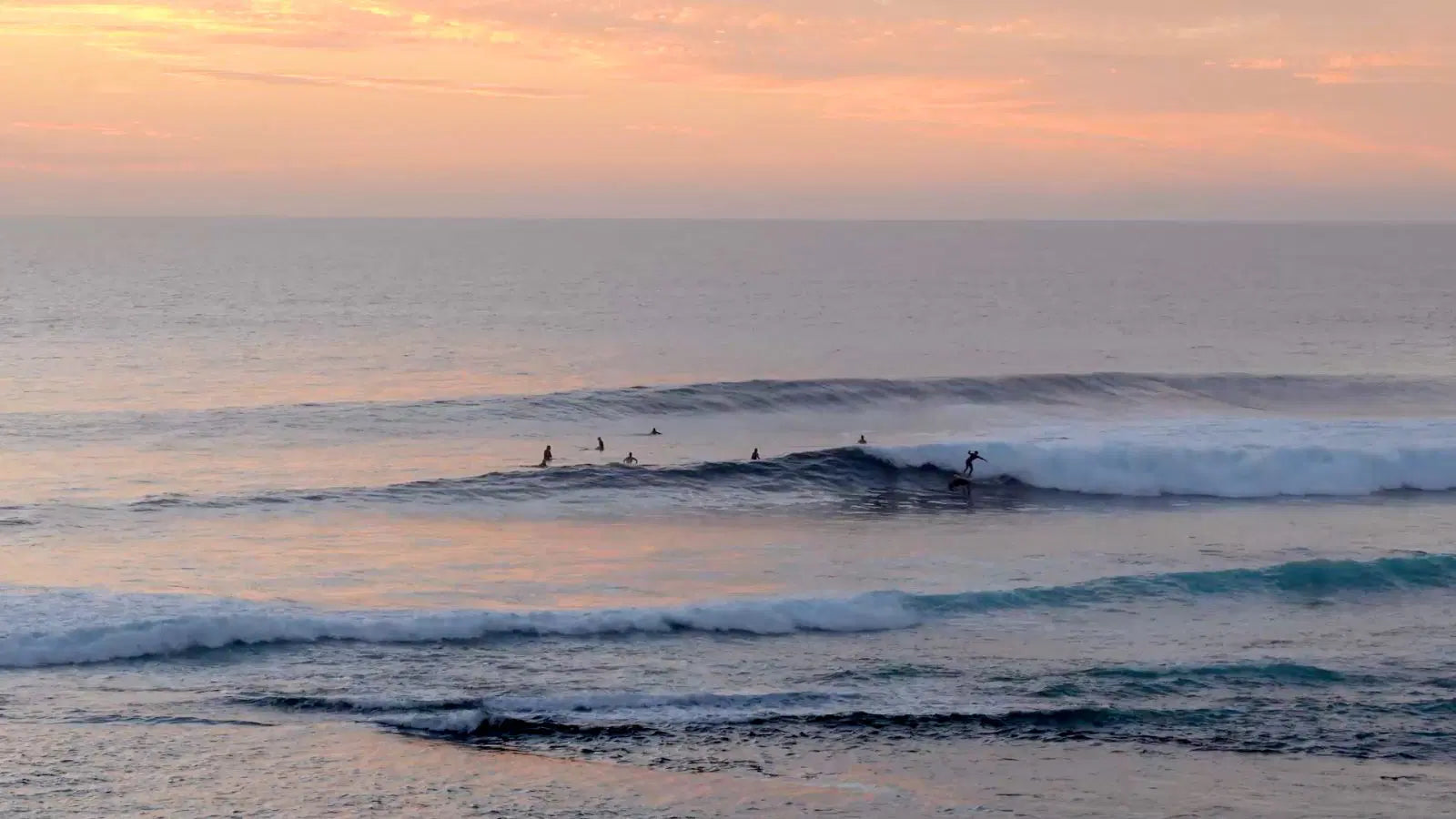November 21 is World Fisheries Day, a day dedicated to highlighting the critical importance of healthy ocean ecosystems and to ensure sustainable stocks of fish worldwide. Fishing communities celebrate this day through rallies, workshops, public meetings, cultural dramas, exhibitions and music shows. World Fisheries Day also explores finding solutions to the increasingly interconnected problems that the world is facing to follow sustainable models of our ocean ecosystems.
Here are five ways to ensure you support healthy oceans by buying or ordering sustainably sourced seafood:
1 - Choose fish from the ‘safe list’
Find out exactly what species you’re buying or ordering. Generic labels such as “white fish” or “flake” can include endangered species. Sustainable seafood species include abalone, locally caught herring, sardine and salmon. Bream, bonito, crabs and leatherjacket also fall under this list, as does mackerel, mahi mahi and mullet. Mussels are usually sustainable, as are octopus, oyster, squid and calamari. Tailor, trevally, threadfin and whiting are also sustainable options.
2 - Avoid overfished species
Bluefin tuna, shark (often called flake), swordfish and orange roughy (or deep sea perch) rank among the most overfished species nearing extinction. Typically these species tend to take longer to regenerate as they produce fewer young.
3 - Find out where it’s from
In some countries a high proportion of seafood consumed locally is imported. This fish may have been caught illegally, or in waters where fish stocks are on the verge of collapse. Locally, sustainably sourced fish is always the best option. Fresh, unpackaged seafood is more likely to have been caught locally, so it also comes with fewer food miles. Opting for unpackaged produce also means you won’t be contributing to the millions of tons plastic being used up every year.
4 - Find out how was it caught
Try to buy hook and line or trap-caught fish. Fishing methods such as trawling or dredging can have devastating effects on our oceans.
5 - Eat low on the food chain
Smaller species usually breed more quickly, so they have a faster regeneration rate that helps them to withstand overfishing. For example, choose sardines over bigger species like flake (shark), tuna, skates, and rays.




